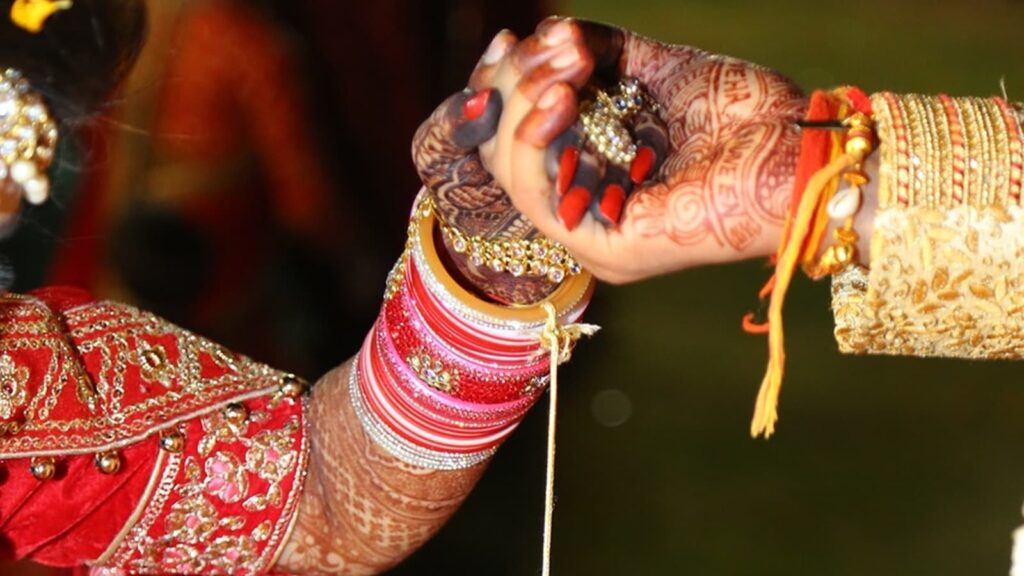DehradunOctober 8, 2025 08:30 PM IST
First published on: Oct 8, 2025 at 08:22 PM IST
The Uttarakhand government has been mulling over offering marriage registration provision under the Uniform Civil Code to Scheduled Tribes, who are currently exempt, officials said.
According to home secretary Shailesh Bagoli, requests have been made by a few ST representatives that the registration of marriages under the code be made applicable to them to ease the process. Currently, the ST communities are not under the ambit of the code as the committee that drafted it said that the code might intrude into their customs and practices. Bagoli reiterated that the entire UCC will not be made applicable to them. “We have conducted one round of talks. The social welfare department will be consulted, and we will also conduct talks with the representatives of all tribes,” he said.
The UCC committee report had recommended the exemption of tribal communities following their dissent against the UCC. Tribals makeup 2.9 percent of Uttarakhand’s population, and notable groups include the Jaunsari, Bhotiyas, Tharus, Rajis, and Buksas.
The move is to help ease registration of marriage for people who want to go abroad and to avail other services that mandate marriage certificates. The demand arose after it was observed that online registration of marriages under the UCC was without any hurdles, the secretary said.
Under the UCC, applications for the registration of marriages are filed online, after which a sub-registrar examines them within 15 days. Alongside photos of both registrants and details, they have to produce a certificate of terminated live-in relationship and a death certificate of the deceased live-in partner if the individual had been in a previous live-in relationship.
Moreover, if the relationship falls under the category of a “prohibited relationship” — including first cousins — as specifically provided in the list in the rules, a certificate of custom and usage permitting such a marriage should be sought from the religious leader or the community head.
If included, the members of the ST may have to fulfil these demands for registration of marriage.
Aimed at regulating aspects such as marriage, divorce, inheritance, adoption, and property succession, the Uniform Civil Code of Uttarakhand Act, 2024 was passed in February last year, with the rules coming into effect in January this year. According to the government, the rules were meant to codify a disparate set of personal laws that govern these aspects.
A clutch of petitions is being heard by the Uttarakhand High Court, challenging the code and its implications on privacy and infringement on fundamental rights. The court had observed that if any prosecution was launched under the Uniform Civil Code, affected individuals can approach the high court. Senior Advocate Kapil Sibal had sought a stay on the law while appearing for the Jamiat Ulema-i-Hind.


